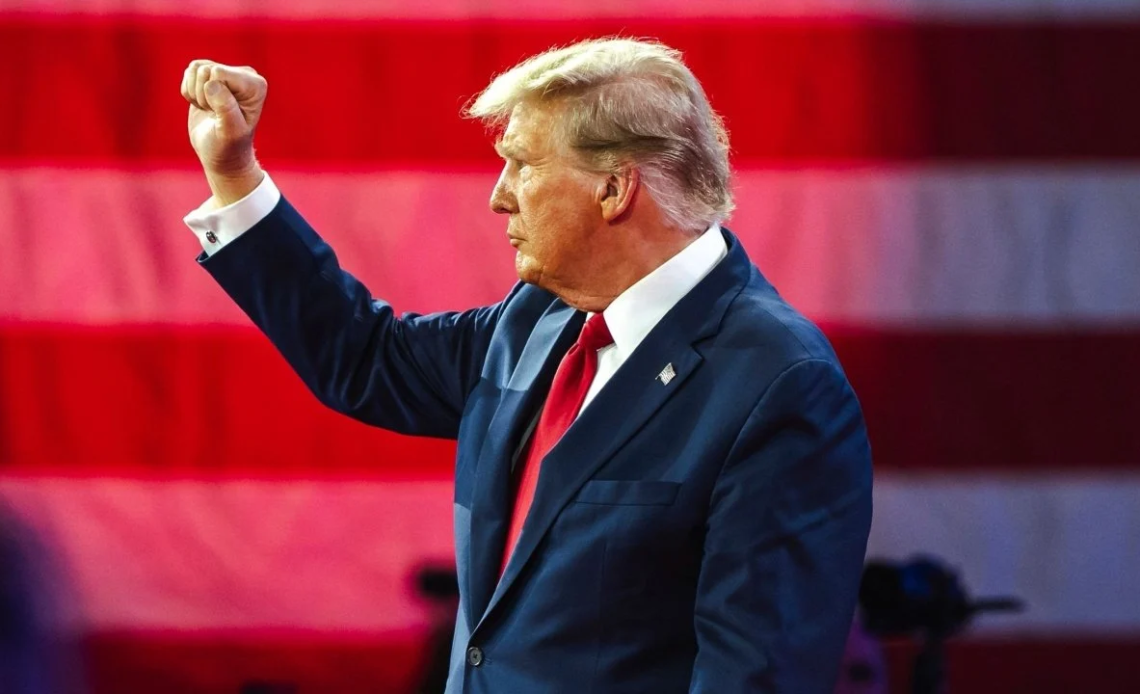
Trump just obliterated the IRS’s controversial DeFi reporting mandate, turbocharging crypto innovation and slamming the brakes on overreaching tax surveillance in decentralized finance.
Trump Nukes IRS DeFi Rule With Pen Stroke—Crypto’s Future Just Got Rewritten
President Donald Trump finalized a significant regulatory rollback Thursday by signing H.J.Res.25 into law at the White House, officially overturning a contentious rule from the Internal Revenue Service related to digital asset reporting.
The nullified rule, issued during the final phase of the Biden administration, would have extended traditional broker reporting standards to decentralized finance (DeFi) participants, including a new Form 1099-DA. These requirements were designed to cover entities “regularly effectuating digital asset sales,” including DeFi protocols, wallet providers, and other non-custodial platforms—despite their lack of access to user-level data traditionally collected by custodial brokers.
Rep. French Hill, Chairman of the House Financial Services Committee, commented on social media platform X:
A historic moment for crypto. Thanks to President Trump for his leadership in ensuring America leads in the digital asset space.
By enacting H.J.Res.25, lawmakers have effectively reset the regulatory approach to DeFi taxation and signaled that future policy development will need to account for the technical and operational distinctions of decentralized platforms.
The resolution garnered strong bipartisan support in both chambers of Congress, passing 292-132 in the House and 70-28 in the Senate. Former IRS Commissioner Charles Rettig had previously warned the reporting mandate would “overwhelm the agency and have little or no value to effective and efficient tax administration.”
The now-overturned IRS rule, as part of the broader implementation of the Infrastructure Investment and Jobs Act of 2021, attempted to classify decentralized platforms as brokers, thereby subjecting them to tax information reporting obligations akin to those imposed on centralized exchanges and securities dealers.
Critics argued this regulatory framework was fundamentally incompatible with the architecture of DeFi, where intermediaries do not directly control user funds or possess identifiable customer information. Representative Mike Carey of Ohio stressed:
The DeFi Broker Rule needlessly hindered American innovation, infringed on the privacy of everyday Americans, and was set to overwhelm the IRS with an overflow of new filings that it doesn’t have the infrastructure to handle during tax season.
The legislation’s passage now eliminates the 1099-DA mandate, preventing its enforcement and removing the requirement for DeFi protocols to collect and report sensitive transaction data.
Source: Bitcoin



